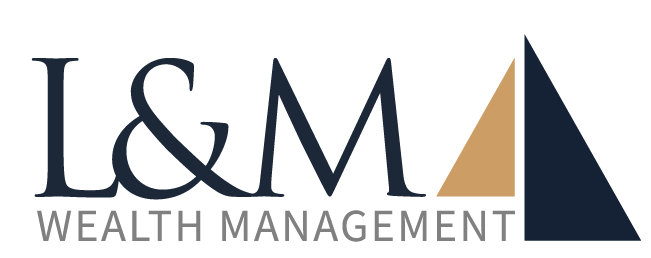Who We Are


Our Story
In 1972, Russ Lipsitz founded an insurance agency. Because his first order of business was securing health insurance for the Buffalo firefighters, his attorney at the time told him he had to form a corporation, and it needed a name. Russ fondly remembers telling his attorney: “Let’s call it ‘L&M’ until we come up with something better.” Fifty years later, we’re proudly still trying to come up with a better name!
To begin to understand the history of L&M, it’s important to know a bit about our founder. Russ loves people, and people love Russ right back. He grew L&M by hiring people he knew, people who were loyal and trustworthy. And no one personified those values more than his long-time partner, Gerry Gentner. Since Gerry’s passing in 2013, L&M has adopted Gerry’s motto in life, “just show up,” as our commitment to always be here for our clients. We’re proud that hundreds of our clients and employees have been with us for decades.
Today, L&M is a more than 60-person-strong, financial advisory firm serving thousands of clients across the country.
About Us
The “About Us” for many financial advisory firms will offer some similar variation of “what makes us different?” Not here.
At L&M, we don’t strive to be different, we strive to be better.
We strive to be better by offering smarter advice that our clients understand, starting with one foundational principle: to help our clients live better financial lives by controlling controllables.
Controllables are the moving parts of investing in which smarter inputs create better outcomes, and we believe there are three of them:
- The financial plan
- The investment philosophy
- The investor behavior
Focusing on controllables frees our clients from CNBC, up-to-the-minute stock quotes, earnings reports, the Fed’s next move, and everything else that can neither be predicted nor controlled.

Our Mission
Russ’ son, Gregg Lipsitz was CEO of L&M for 16 years before passing away in 2017. Gregg set a lofty and perpetual goal for L&M: he envisioned that through delivering the highest quality advice and service our firm would be the last financial advisors our clients ever need. We’re committed to Gregg’s vision. We’re committed to acting always in your best interest. And we’re committed to making sure your financial plan and portfolio are designed to help you achieve your unique goals.

Our Philosophy
Many investors think they cannot compete with wealthy/algorithmic/institutional/high-frequency/sophisticated investors. We believe we can help our clients invest in such a way that most of them cannot compete with us.
- The most important determinant of investor returns is investor behavior.
- Risk and return are related. In general, accepting more short-term volatility increases the potential to achieve higher returns.
- There are five exceptions to Rule #2, which can permit higher returns without increasing expected volatility. At every opportunity, we believe investors should diligently capitalize on these five freaks of mathematics:
- Asset Allocation
- Calculated Diversification
- Long-Term Focus
- Dollar-Cost Averaging
- Rebalancing
- The future performance of the market is unknown and unknowable. This is a good thing because the promise of predictability is the promise of low returns. (For reference, check the perfectly predictable interest in your savings account.)
- At any time, investors should have a financial plan and asset allocation in place to expect a stock market decline of 20% or more. Because risk and return are related, we embrace and anticipate this volatility.
- Any trade requires two parties: a buyer and a seller. This means at the precise moment someone thinks it is a good idea to buy an investment at a particular price, someone else thinks it is a good idea to sell the same investment at the exact same price.
- Investment costs subtract from investor returns. All else being equal, lower expenses lead to higher returns.
- Taxes subtract from investor returns. All else being equal, lower taxes allow for higher returns.
- If you have an intelligently-designed portfolio based on your financial plan, if your investment goals do not change, your portfolio shouldn’t either.
